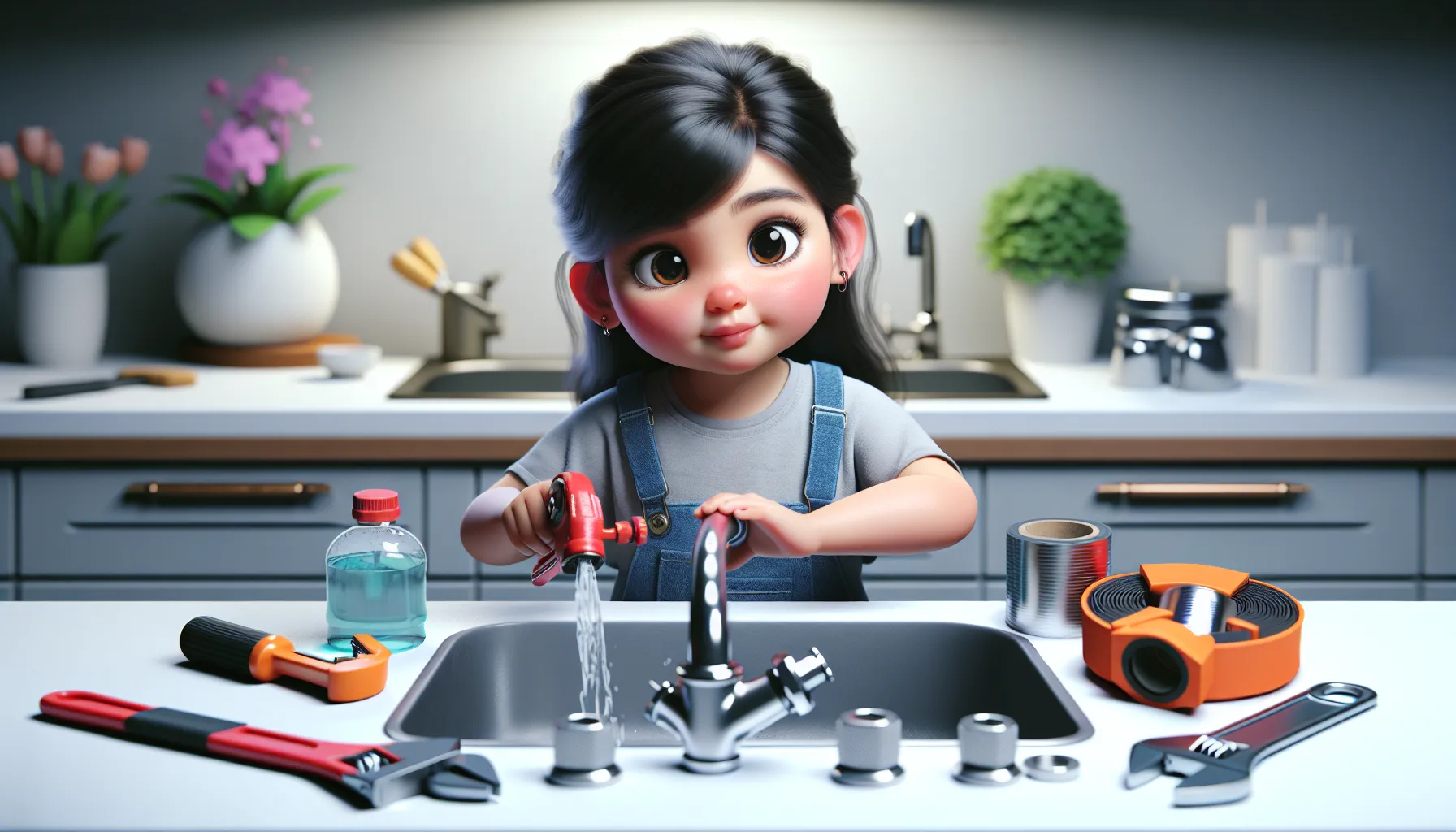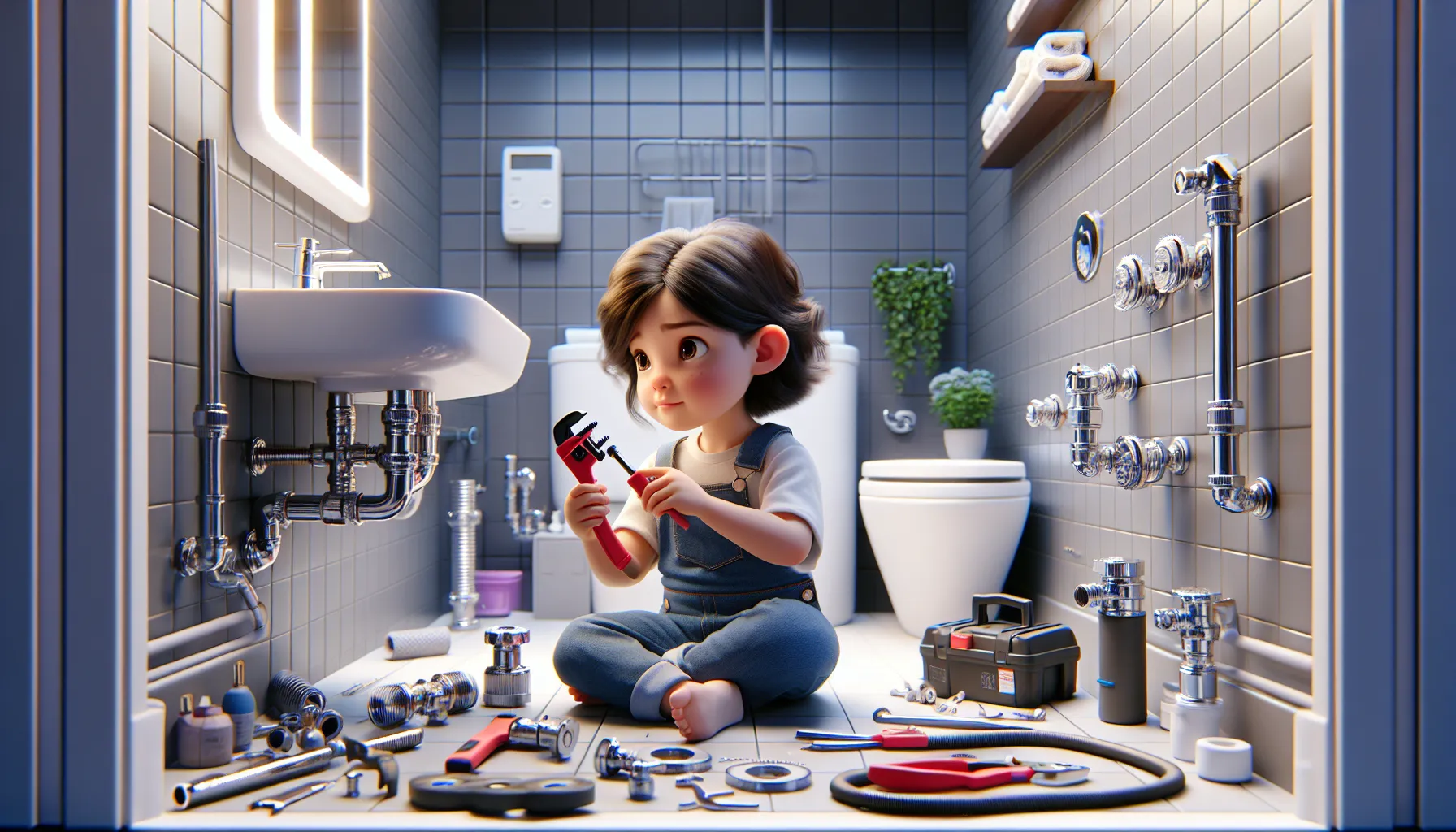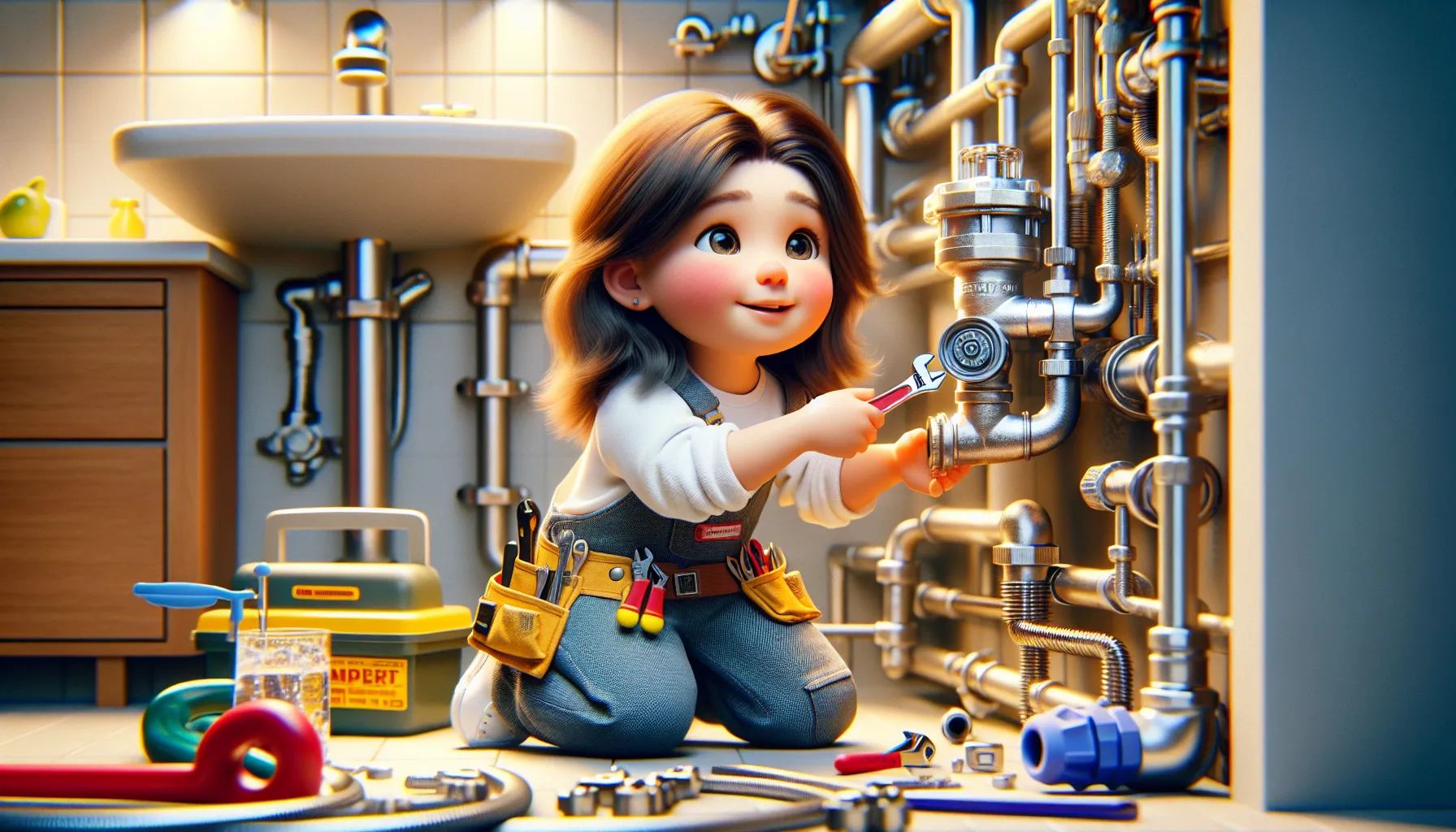Efficient water usage not only helps conserve this precious resource but also plays a significant role in reducing your monthly expenditures. By implementing a few simple changes in your daily routines and household habits, you can make a substantial impact on your water bill. From fixing leaky faucets and installing water-saving devices to adjusting your irrigation practices and being mindful of water consumption, there are several effective strategies you can utilize to save money and contribute to a more sustainable environment.
Key Takeaways:
- Fix leaks promptly: Leaks can quickly add up and increase your water bill. Be proactive in fixing any leaks as soon as you notice them.
- Install water-efficient fixtures: Consider installing low-flow toilets, showerheads, and faucets to reduce water usage without compromising performance.
- Use water-saving practices: Simple changes like turning off the faucet while brushing your teeth or taking shorter showers can make a big difference in your water usage.
- Water your lawn strategically: Water early in the morning or late in the evening to minimize evaporation, and avoid watering when it’s windy to ensure the water reaches the plants’ roots.
- Monitor your water usage: Keep track of your water bill and usage patterns to identify any spikes or unusual activity that may indicate a leak or wasteful habits.
Understanding Your Water Bill
One of the first steps to saving money on your water bill is understanding how it’s calculated. Your water bill is typically based on how much water your household uses, measured in gallons or cubic feet. It is important to familiarize yourself with your water bill to identify any inefficiencies in your water usage and to catch any errors in billing.
Reading Your Water Meter
Water meters are the key to understanding your water consumption. They measure the amount of water that flows into your home. To monitor your usage accurately, take note of the numbers on your meter regularly. Any sudden increases in usage could indicate a leak that needs to be addressed promptly to avoid costly bills.
Identifying Common Charges
Common charges on your water bill typically include fees for water usage, sewer services, and administrative costs. It’s important to review these charges carefully to ensure that you are being billed correctly. Any discrepancies should be reported to your water provider immediately.
To avoid any surprises on your water bill, it’s crucial to understand what each charge represents. Being proactive in monitoring your water bill can help you save money in the long run.
Everyday Water-Saving Practices
There’s a myriad of ways in which you can reduce your water usage on a daily basis without sacrificing comfort or convenience. By implementing simple changes in your habits and routines, you can make a significant impact on both your water bill and the environment.
Bathroom Habits to Change
Any household can benefit from making small adjustments to their bathroom habits. Start by taking shorter showers to reduce water wastage and consider turning off the tap while brushing your teeth or lathering your hands with soap. Another effective practice is to check for leaks in faucets and toilets regularly. Leaks can significantly increase your water usage without you even realizing it, so it’s crucial to fix them promptly.
Kitchen Efficiency Tips
Any homeowner can save water in the kitchen by adopting efficient practices. Begin by only running your dishwasher and washing machine with full loads to maximize water usage. Using a basin to wash fruits and vegetables instead of letting the water run continuously can also help conserve water. Additionally, investing in water-efficient appliances, such as low-flow faucets and aerators, can significantly reduce your daily water consumption.
- Run dishwasher and washing machine with full loads
- Use a basin to wash fruits and vegetables
- Invest in water-efficient appliances
The key to saving water in the kitchen is to be mindful of your daily habits and make conscious choices that prioritize water conservation. With a few simple changes, you can contribute to a more sustainable future while also reducing your water bill. Recall, every drop counts!
Water Conservation with Appliances
After looking into the various ways to save money on your water bill, the next step is to focus on water conservation efforts with appliances. This involves making mindful choices when selecting appliances and maintaining them properly to ensure they operate efficiently and effectively.
Choosing Efficient Appliances
The key to water conservation with appliances begins with the selection process. When shopping for new appliances such as washing machines, dishwashers, and water heaters, look for Energy Star certified models. These appliances are designed to be more water-efficient, meaning they use less water while delivering the same performance as standard models. Additionally, consider the capacity of the appliance and choose one that matches your household’s needs to avoid unnecessary water consumption.
Maintenance Tips for Water Savings
With proper maintenance, your appliances can continue to operate efficiently and help you save on your water bill. Regularly check for leaks in your appliances, such as faucets, toilets, and washing machine hoses, and repair them promptly. Keep your appliances clean and well-maintained to ensure they function optimally.
- Perform routine maintenance tasks such as cleaning filters and checking for clogs to maintain optimal performance.
- Replace worn out parts promptly to prevent water waste and ensure your appliances operate efficiently.
- Consider scheduling professional maintenance services for appliances such as water heaters to catch any issues early on.
Assume that by following these maintenance tips, you can prolong the lifespan of your appliances while reducing water consumption and ultimately saving money on your water bill.
To ensure long-term water savings and efficiency, it is necessary to stay proactive in the maintenance of your appliances. By keeping an eye on potential issues and addressing them promptly, you can prevent water waste and ensure optimal performance. Remember that regular maintenance is key to conserving water, saving money, and protecting the environment. With these tips in mind, you can make a significant impact on your water bill while promoting sustainability in your household.
Landscaping and Outdoor Water Use
To save money on your water bill, it’s crucial to consider your landscaping and outdoor water use. Making smart choices in this area can lead to significant savings over time.
Xeriscaping and Drought-Tolerant Plants
For those looking to reduce water consumption in their landscaping, xeriscaping and planting drought-tolerant plants are excellent choices. Xeriscaping involves designing your outdoor space in a way that reduces the need for supplemental watering. By using indigenous plants that are well-adapted to the local climate and soil conditions, you can create a beautiful landscape that requires minimal water. These plants are resilient to drought conditions and can thrive with little to no irrigation once established.
Smart Irrigation Practices
For homeowners who want to maintain a lush landscape while still being mindful of water usage, implementing smart irrigation practices is key. This includes investing in tools such as drip irrigation systems, moisture sensors, and programmable timers to ensure that water is being used efficiently. By matching watering schedules to the specific needs of your plants and utilizing rainwater harvesting techniques, you can significantly reduce outdoor water waste.
It’s crucial to regularly check for leaks in your irrigation systems and make adjustments as needed to prevent water wastage. Additionally, adjusting your watering practices based on seasonal changes and specific weather conditions can help optimize water usage in your outdoor space.
Detecting and Repairing Leaks
Despite being a common issue, water leaks can lead to substantial water wastage and high bills. Detecting and repairing leaks in a timely manner is crucial to saving money and conserving water resources. By taking proactive steps, you can prevent leaks from escalating into costly problems.
Tools for Leak Detection
With the advancements in technology, there are several tools available for detecting water leaks in your home. Some common tools include water leak detectors, moisture meters, and infrared cameras. These tools can help you pinpoint the source of the leak and take appropriate action to fix it. Investing in these tools can help you detect leaks early and prevent water damage.
DIY vs. Professional Repairs
Detecting and repairing leaks can be done as a do-it-yourself (DIY) project or by hiring a professional plumber. DIY repairs can be cost-effective and relatively simple for minor leaks, such as dripping faucets or loose pipe fittings. However, for complex leaks or issues involving the main water line, it is advisable to seek the expertise of a professional. Professional plumbers have the skills and equipment to identify and repair leaks accurately, saving you time and ensuring the job is done right the first time.
This decision ultimately depends on the complexity of the leak and your comfort level with plumbing repairs. Ignoring leaks or attempting DIY repairs on complex issues can lead to further damage and costly repairs. It is important to weigh the pros and cons of each option before proceeding with leak repairs.
Investing in Water-Saving Technologies
High-Efficiency Fixtures
All households can benefit from investing in high-efficiency fixtures as a way to save on their water bill. An easy and effective way to reduce water consumption is by installing low-flow toilets, faucets, and showerheads. These fixtures are designed to use significantly less water without compromising performance. By making this simple switch, households can save a substantial amount of water and money each month. In addition, modern high-efficiency fixtures are available in various styles and designs, making it easy to find options that match your aesthetic preferences.
Rainwater Harvesting and Greywater Systems
On a larger scale, investing in rainwater harvesting and greywater systems can have a significant impact on reducing water usage in your household. Rainwater harvesting systems collect and store rainwater for various uses such as watering plants, washing vehicles, and even flushing toilets. Greywater systems, on the other hand, capture and treat water from sinks, showers, and laundry for non-potable purposes. Implementing these systems can drastically reduce your reliance on municipal water sources and lower your water bill even further.
To further maximize the benefits of rainwater harvesting and greywater systems, it is vital to ensure proper installation and maintenance. Regular inspections and upkeep of these systems can prevent leaks and malfunctions, ensuring they operate efficiently and effectively. Additionally, incorporating these water-saving technologies into your home not only reduces your environmental impact but also adds value to your property in the long run.
Engaging with the Community
Not only can saving water benefit your own utility bill, but it can also have broader positive impacts on the community and the environment. Engaging with the community is a great way to promote water conservation practices and raise awareness about the importance of saving water.
Advocacy for Better Water Policies
Better water policies are vital for ensuring sustainable water use and conservation on a larger scale. By advocating for better water policies at the local, state, and national levels, you can help create lasting change that benefits both the community and the environment. This can include supporting legislation that promotes water conservation, investing in infrastructure upgrades to improve efficiency, and participating in public forums to raise awareness about water issues.
Collaboration and Education Opportunities
Community collaboration and education opportunities are key to spreading awareness about water conservation and encouraging others to take action. By joining forces with local organizations, schools, and businesses, you can participate in community events, workshops, and campaigns that promote water-saving practices. It is vital to collaborate with others to amplify your efforts and reach a larger audience, spreading the message about the importance of conserving water for a sustainable future.
To wrap up
Summing up, there are various ways to save money on your water bill that can make a significant impact on your overall expenses. By following simple techniques such as fixing leaks, installing water-efficient fixtures, and being mindful of your water usage habits, you can see a noticeable reduction in your monthly water bill. It is important to remember that every drop counts when it comes to saving money on your water bill, and making small changes can add up to substantial savings over time.
Ultimately, being proactive and implementing these cost-effective strategies can not only benefit your wallet but also contribute to water conservation efforts in your community. By taking these steps to reduce water consumption and lower your bill, you are not only saving money but also helping to protect this valuable resource for future generations. With a bit of effort and awareness, you can easily incorporate these money-saving practices into your daily routine and start seeing the results on your water bill.
FAQ
Q: What are some easy ways to save money on my water bill?
A: One of the best ways to save money on your water bill is to fix any leaks in your plumbing. Installing water-saving devices such as low-flow showerheads and faucets can also help reduce water usage and save you money.
Q: How can I reduce water usage in my household?
A: To reduce water usage in your household, consider taking shorter showers, turning off the tap while brushing your teeth, and only running the dishwasher and washing machine with full loads. Additionally, fixing any dripping faucets and insulating your pipes can help prevent water wastage.
Q: Are there any outdoor water-saving tips that can help me save money on my water bill?
A: Yes, there are several outdoor water-saving tips that can help you save money on your water bill. These include watering your lawn in the early morning or late evening to prevent evaporation, using a rain barrel to collect water for irrigation, and choosing drought-resistant plants for your garden.
Q: How can I monitor my water usage to identify areas where I can save money?
A: You can monitor your water usage by regularly checking your water meter and comparing usage from month to month. Additionally, keeping track of your water bill and looking for any sudden spikes in usage can help you identify leaks or wasteful habits that are costing you money.
Q: Are there any long-term investments I can make to save money on my water bill?
A: Yes, there are long-term investments you can make to save money on your water bill. Installing a water-efficient irrigation system, such as drip irrigation, investing in a high-efficiency toilet, or even replacing old plumbing fixtures with newer, water-saving models can lead to significant savings over time.



